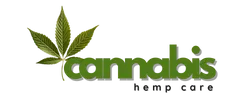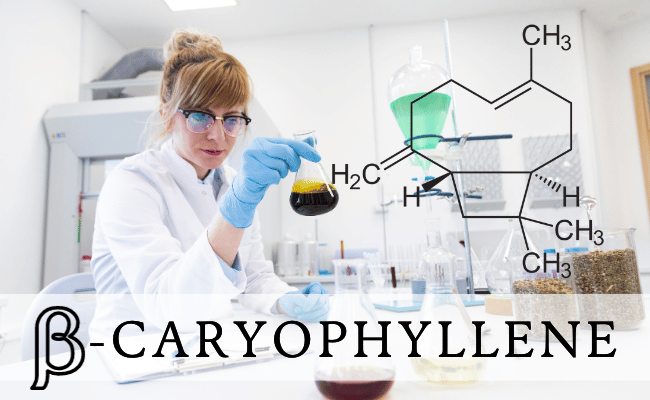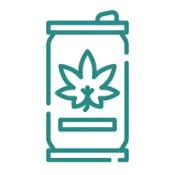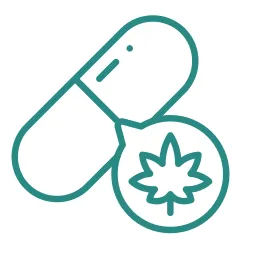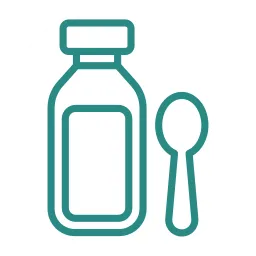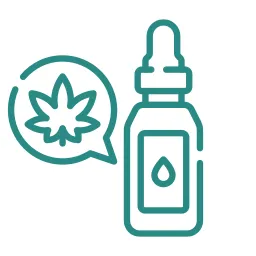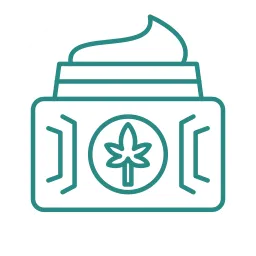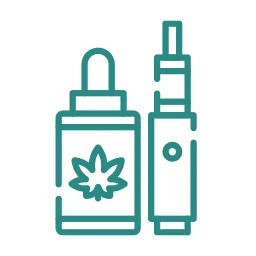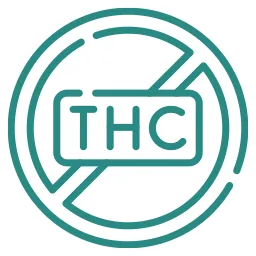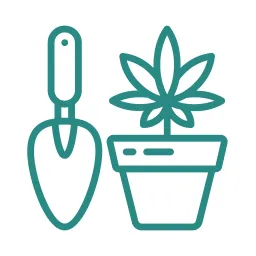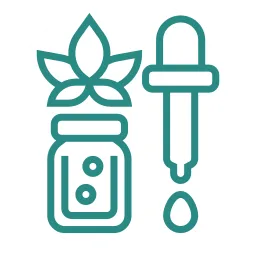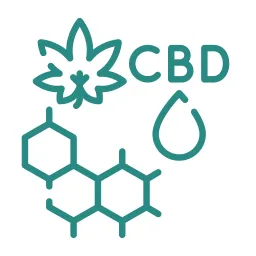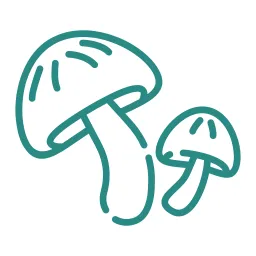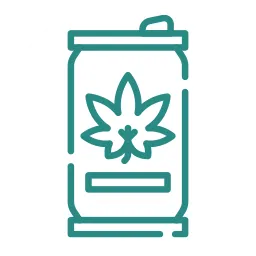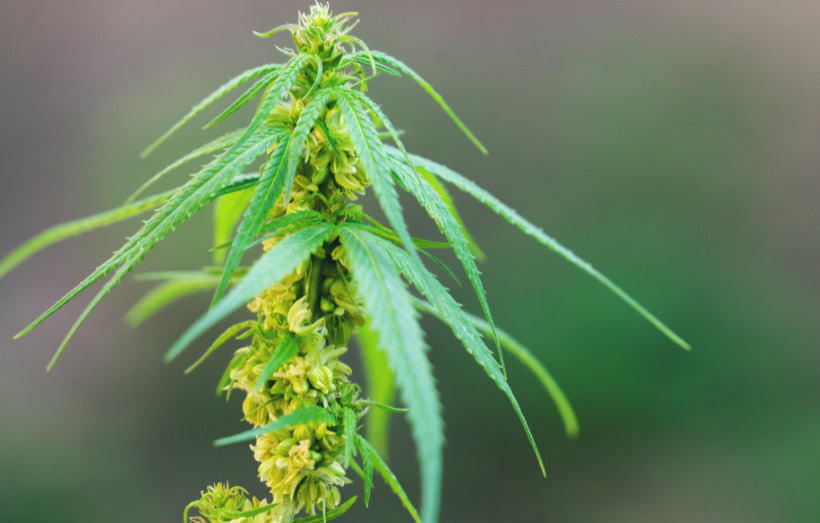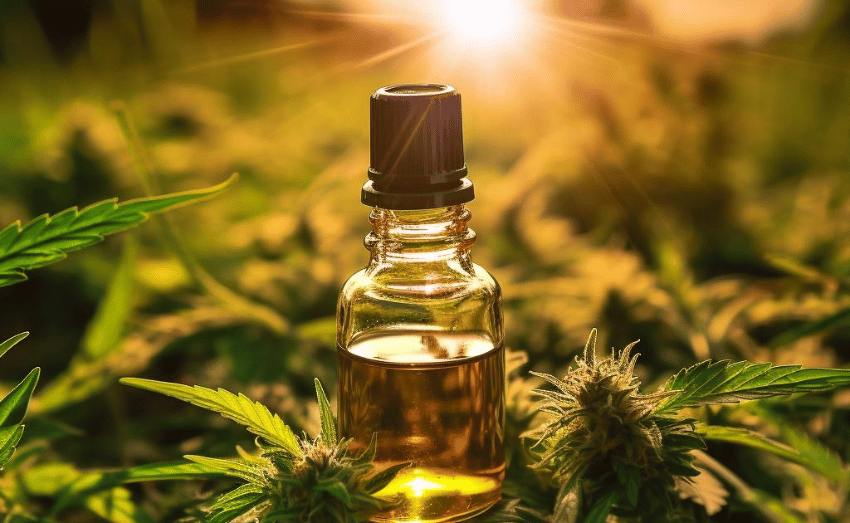Welcome to the world of natural remedies, where today, we’re diving into a trending topic: Hemp Seed Oil. If you’re a parent or guardian, one of the questions you might be asking is, “Can kids take Hemp Seed Oil?” Let’s break it down in the simplest way possible, ensuring you have all the facts, backed by research and expert opinion.
- Understanding Hemp Seed Oil
- So, Can Kids Take Hemp Seed Oil?
- Why Consider Hemp Seed Oil for Kids?
- Determining the Right Amount of Hemp Seed Oil for Your Child
- Consult a Pediatrician
- Are There Any Side Effects?
- Alternatives to Direct Consumption
- Incorporating Hemp Seed Oil in Your Child’s Diet
- Conclusion
- FAQs
Understanding Hemp Seed Oil
Hemp seed oil is a greenish oil obtained by pressing the seeds of the hemp plant (Cannabis sativa). While related to the cannabis plant used for marijuana, the hemp plant and its seeds have entirely different properties.
Key components of hemp seed oil include:
- Essential Fatty Acids (EFAs): Hemp seed oil is rich in Omega-3 and Omega-6 fatty acids, which are crucial for brain development, immune system function, and blood pressure regulation.
- Vitamins and Minerals: This oil is a good source of Vitamin E, potassium, magnesium, calcium, iron, and zinc.
- Antioxidants: These help in protecting the body against the damaging effects of free radicals.
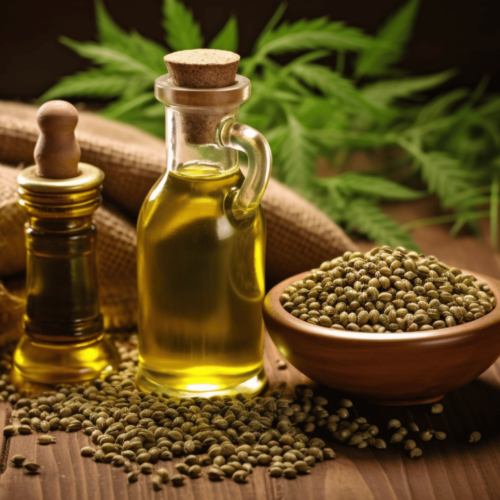
So, Can Kids Take Hemp Seed Oil?
Absolutely, but with some precautions.
- Age Factor: While it’s generally safe, consider introducing hemp seed oil to a child’s diet after their first year. This ensures that it doesn’t replace essential foods and nutrients needed in the initial growth phases.
- Allergies: As with any new food, start with a small amount to see if your child shows any allergic reactions.
- Quality Matters: Always ensure that the hemp seed oil you’re using is of high quality, preferably organic, and free from harmful chemicals.
- Consultation: It’s a good practice to consult with a pediatrician before introducing any new supplement to your child’s diet.
Why Consider Hemp Seed Oil for Kids?
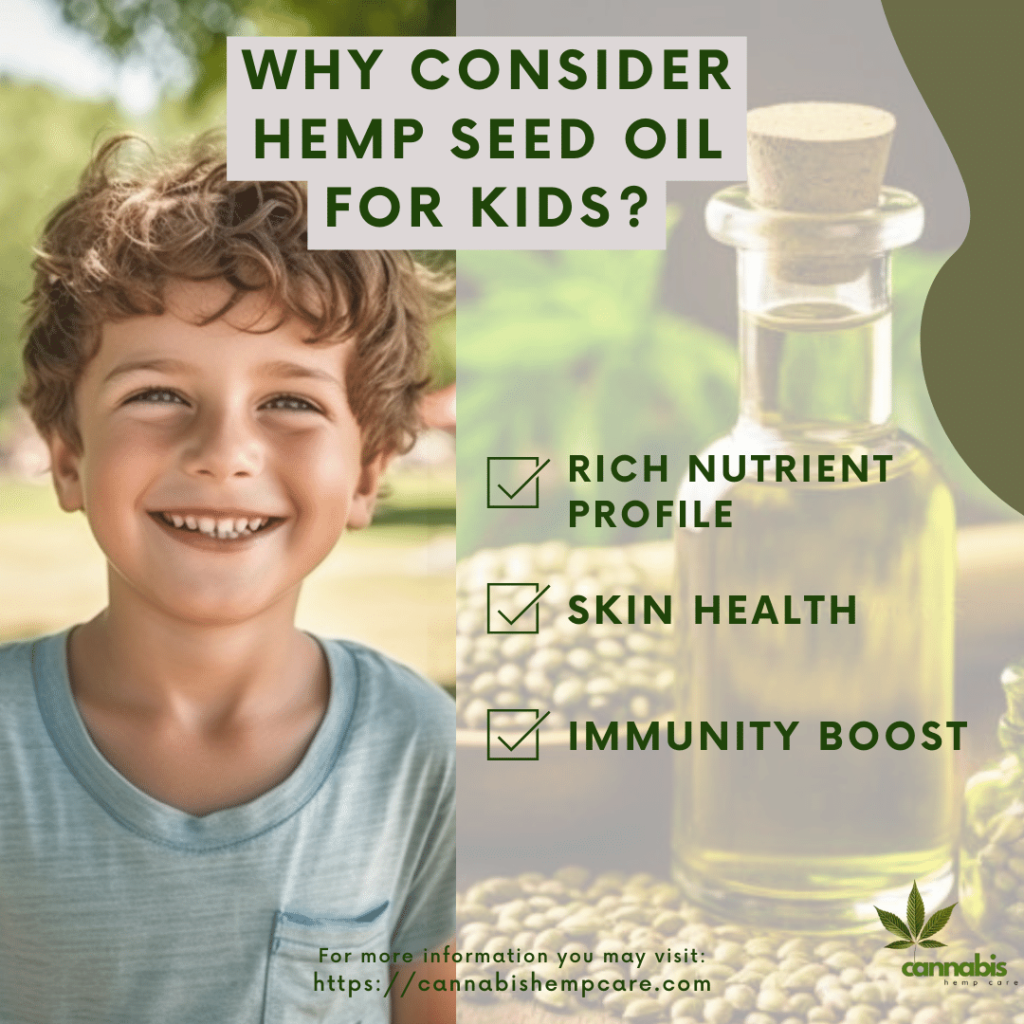
- Rich Nutrient Profile: Hemp seed oil is packed with essential fatty acids, such as omega-3 and omega-6. A study published in the Journal of Nutritional Biochemistry suggested that these fatty acids are crucial for brain health, which is ever-so-important during a child’s developmental years.
- Skin Health: According to the Dermatology Times, hemp seed oil can be beneficial for skin conditions like eczema, which is common in children.
- Immunity Boost: The oil has been linked to enhancing the immune system. With kids being exposed to numerous germs, a strengthened immune system can be beneficial.
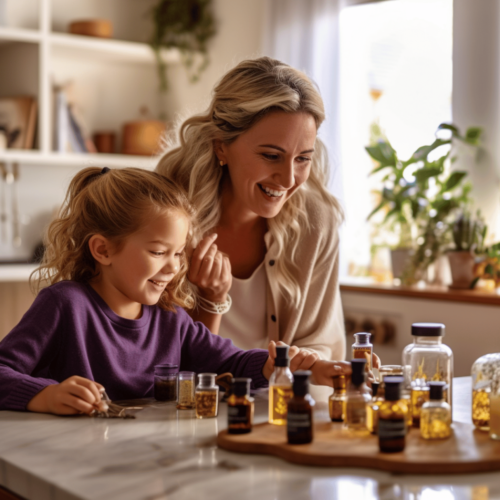
Determining the Right Amount of Hemp Seed Oil for Your Child
Determining the right amount of hemp seed oil for your child is a balancing act that involves considering various factors, including their age, overall health, and the intended benefits of the oil.
1. Start Small
When introducing hemp seed oil, start with the smallest recommended dosage – a teaspoon for toddlers or two teaspoons for school-aged children. Observe your child for any potential reactions or allergies.
2. Gradual Increase
If your child shows no adverse reactions, you may gradually increase the dosage to a maximum of two to three teaspoons daily for older children. However, the optimal amount varies for each child, so observe and adjust as necessary.
3. Consider Other Sources of Fatty Acids
Remember that your child may also be consuming other sources of Omega-3 and Omega-6 fatty acids, such as fish or flaxseeds. This can affect the appropriate dosage of hemp seed oil.
4. Don’t Overdo It
While hemp seed oil offers potential benefits, excessive consumption may have adverse effects. Overconsumption of any source of fats, even healthy ones, can have negative impacts on a child’s overall health and well-being.
Dosage Recommendations
The ideal dosage can vary based on factors like age, body weight, and overall health. A general guideline:
- Toddlers (1-3 years): 1/2 teaspoon per day
- Children (4-8 years): 1 teaspoon per day
- Pre-teens (9-13 years): 1-2 teaspoons per day
- Teens (14-18 years): 1-3 teaspoons per day
Always start on the lower end and adjust as needed.
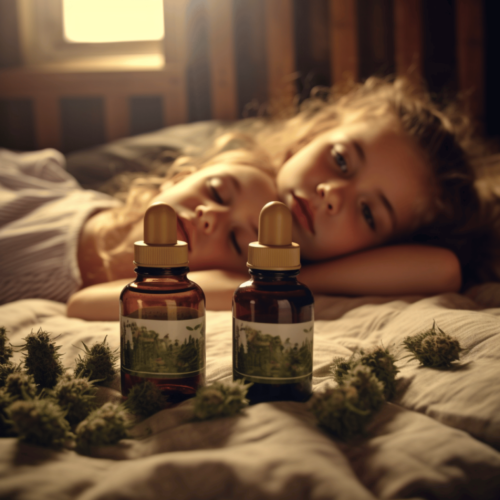
Consult a Pediatrician
Before introducing hemp seed oil or any new supplement to your child’s diet, always consult with a pediatrician. They can assess your child’s specific needs, considering their current health and any medications they may be taking. Your pediatrician can help determine the correct dosage of hemp seed oil for your child and monitor their progress and any potential reactions.
Are There Any Side Effects?
While hemp seed oil is generally safe, some children might experience minor digestive issues. A 2019 study from the Pediatric Research Journal suggested that such side effects are rare and diminish as the body adjusts.
Dr. Olivia Watson, a pediatric nutritionist, states, “With the right dosage and after consulting a medical professional, hemp seed oil can be a wonderful addition to a child’s diet.”
Alternatives to Direct Consumption
If you’re hesitant about direct consumption, consider these options:
- Topical Use: Lotions and creams infused with hemp seed oil can provide skin benefits.
- In Foods: Incorporate it into salad dressings, smoothies, or other dishes where the oil isn’t heated.
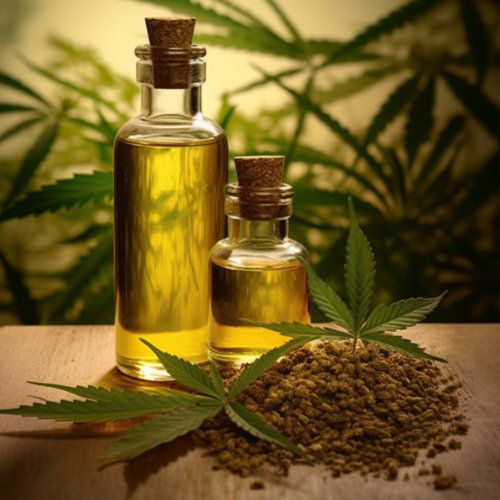
Incorporating Hemp Seed Oil in Your Child’s Diet
Once you have determined the appropriate dosage, you can integrate hemp seed oil into your child’s diet in various ways:
- In Smoothies: You can add a teaspoon of hemp seed oil to your child’s favorite fruit or vegetable smoothie.
- As a Salad Dressing: Mixing it with some lemon juice or vinegar can create a nutritious dressing for salads.
- In Pasta and Rice Dishes: You can drizzle it over pasta or rice for added flavor and nutrients.
- In Baked Goods: You can replace other oils with hemp seed oil in recipes for muffins or bread.
The key is to provide a balanced diet for your child, incorporating a variety of foods to meet all their nutritional needs. Hemp seed oil can be a beneficial addition, but it should not replace other essential foods in their diet.
Storage and Shelf-Life
Hemp seed oil can go rancid if not stored correctly. Here are some tips:
- Keep it Cool: Store in a cool place, preferably in the refrigerator.
- Avoid Direct Light: Keep away from direct sunlight.
- Use Within Six Months: Once opened, try to use within six months for maximum freshness.
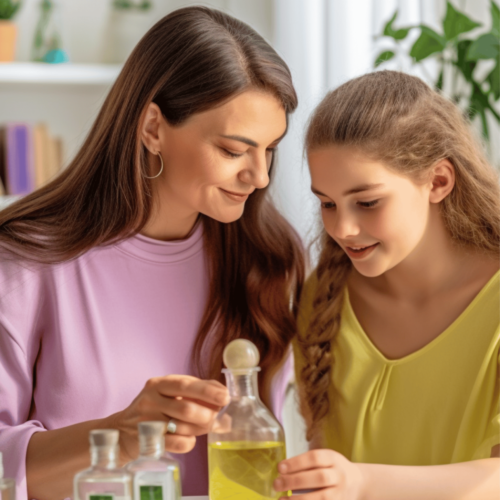
Conclusion
Hemp seed oil offers an array of benefits, not just for adults but also for children. If you’re considering this supplement for your child, remember that while backed by science, individual reactions can vary. Thus, starting slow and always consulting with a pediatrician is key.
FAQs
Who should not take hemp seed oil?
While hemp seed oil offers a plethora of benefits due to its rich nutrient profile, certain individuals should approach its consumption with caution:
Individuals with Blood Clotting Disorders: Hemp seed oil can affect blood platelets and anticoagulants. It may increase the risk of bleeding in individuals with blood clotting disorders.
Children on Medication: Interactions can occur between hemp seed oil and certain medications. Always consult with a pediatrician before introducing hemp seed oil if your child is on medication.
Those with Allergies: While uncommon, allergies to hemp do exist. Monitor your child closely the first few times they consume hemp products for any signs of an allergic reaction.
How many hemp seeds for kids?
For kids, the recommended amount of hemp seeds ranges from 1 to 2 teaspoons daily for toddlers and can be increased to 2 tablespoons daily for older children. However, always consult with a pediatrician to determine the right amount for your child
Are hemp seeds healthy for toddlers?
Yes, hemp seeds are quite healthy for toddlers. They are a rich source of essential fatty acids, proteins, and various vitamins and minerals essential for growth. They can also aid in digestion due to their fiber content. However, like any food, they should be introduced slowly and in moderation to check for any allergies or intolerances.
Can kids drink hemp milk?
Absolutely! Hemp milk is a good dairy alternative and is rich in Omega-3 and Omega-6 fatty acids. However, ensure that the hemp milk you choose doesn’t contain added sugars or unnecessary additives. Also, it shouldn’t serve as a replacement for breast milk or formula for babies under one year.
Is hemp heart good for kids?
Yes, hemp hearts (shelled hemp seeds) are beneficial for kids. They provide a concentrated source of nutrients such as protein, essential fatty acids, and vitamins. They can be easily sprinkled on cereal, or yogurt, or incorporated into smoothies, making them a versatile and nutritious addition to a child’s diet.
